Showing 25–36 of 41 results
-
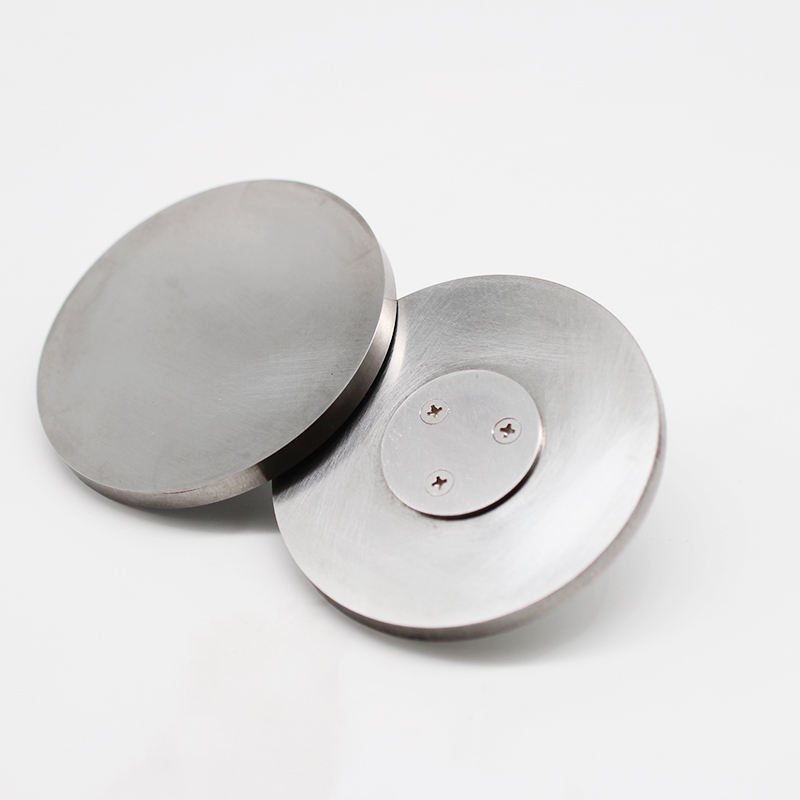
- High Thermal Stability: Performs exceptionally well in extreme temperature environments.
- Enhanced Ductility: Improved mechanical performance over pure molybdenum.
- Excellent Conductivity: Ensures reliable electrical and thermal performance.
- Customizable Options: Tailored to meet the specific requirements of various deposition systems.
- Corrosion Resistance: Long-lasting performance in aggressive environments.
-
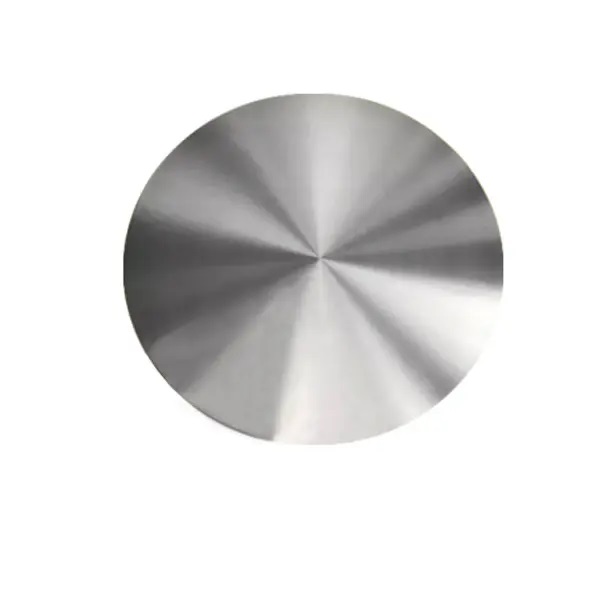
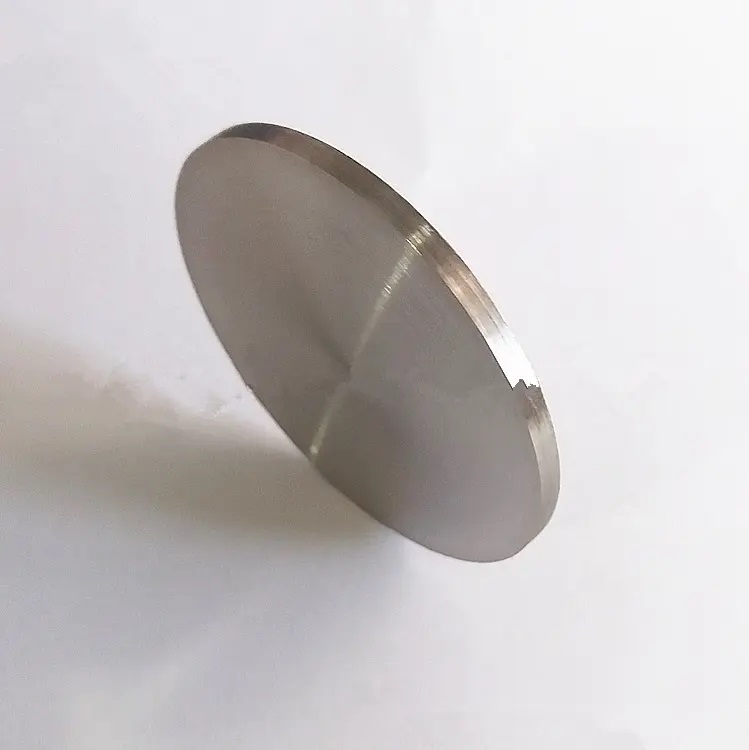
- High Mechanical Strength: The combination of molybdenum and tantalum results in an alloy with excellent tensile strength, making it ideal for demanding structural applications.
- Thermal Stability: MoTa alloys maintain their mechanical properties at elevated temperatures, making them suitable for high-temperature applications, such as coatings for turbine components.
- Oxidation and Corrosion Resistance: The alloy exhibits outstanding resistance to oxidation and corrosion, ensuring long-term performance in harsh environments.
- Customizable Composition: The molybdenum-to-tantalum ratio can be tailored to optimize the properties of the alloy for specific applications, enhancing strength, thermal stability, or corrosion resistance.
-
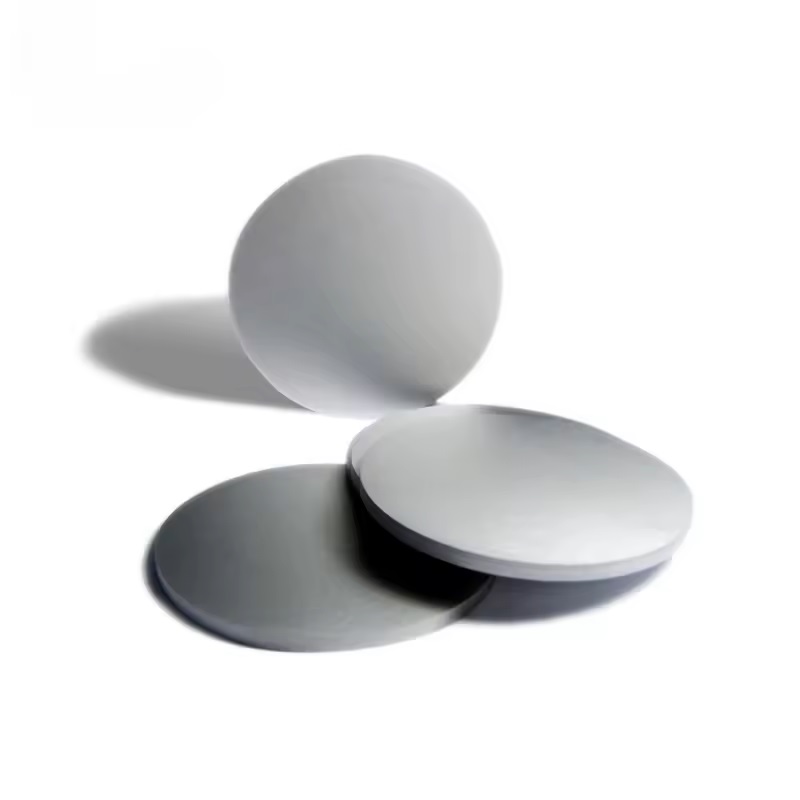
- High Corrosion Resistance: The addition of zirconium and titanium enhances the alloy’s resistance to corrosion, making it suitable for harsh environments, including semiconductor processing and aerospace applications.
- Thermal Stability: Molybdenum’s high melting point, combined with the stability of zirconium and titanium, allows MoZrTi thin films to maintain performance at elevated temperatures.
- Electrical Conductivity: MoZrTi alloy thin films provide good electrical conductivity, ideal for applications in electronic devices such as transistors and semiconductors.
- Mechanical Strength: The alloy offers a combination of strength and toughness, ensuring durability in wear-resistant coatings and industrial components.
- Oxidation Resistance: MoZrTi thin films resist oxidation, which is critical for maintaining performance over long periods, particularly in high-temperature and oxidative environments.
-
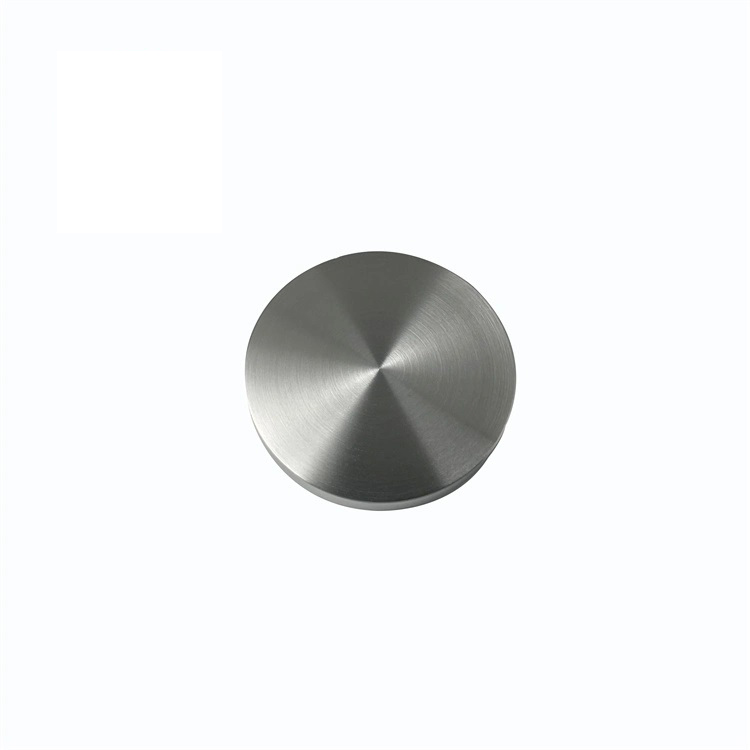
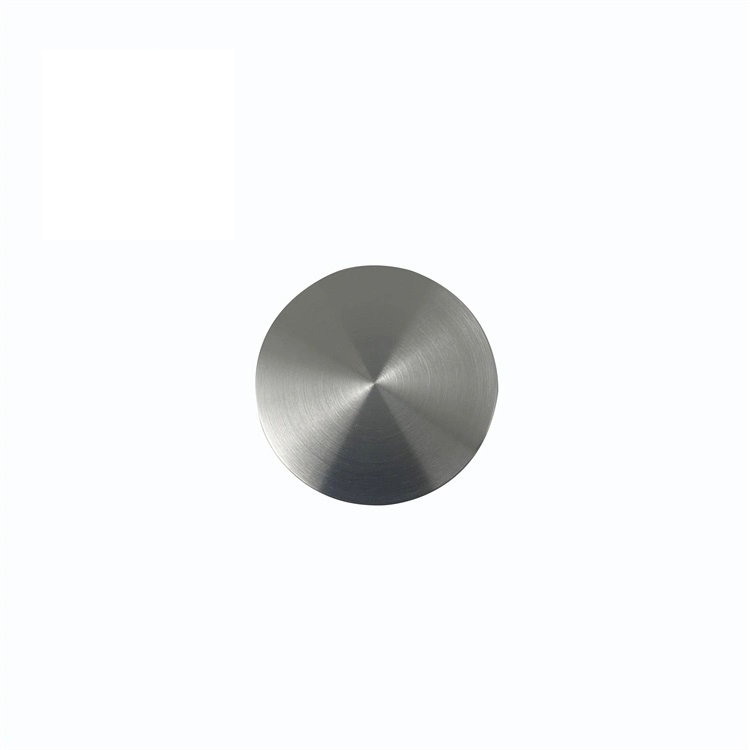
- High Electrical Resistivity: NiCr alloy is valued for its stable and reliable electrical resistivity, making it ideal for resistive coatings in electronic devices.
- Oxidation and Corrosion Resistance: Chromium in the alloy provides excellent resistance to oxidation and corrosion, especially at elevated temperatures, ensuring longevity in harsh conditions.
- Thermal Stability: NiCr retains its mechanical and electrical properties under extreme heat, making it suitable for applications involving high temperatures, such as heating elements.
- Customizable Composition: The ratio of nickel and chromium can be adjusted to optimize properties like electrical conductivity or resistance to oxidation, depending on the specific application.
-
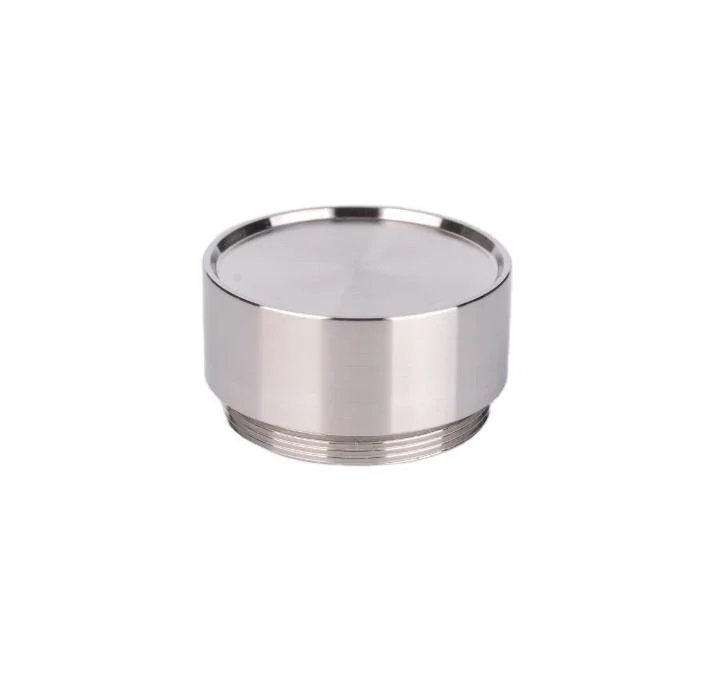
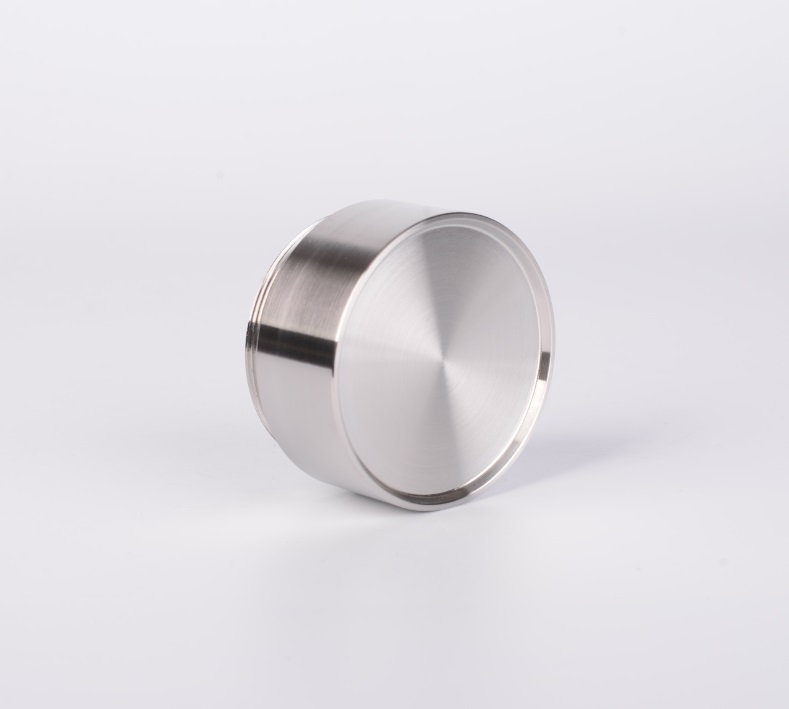
- High Electrical Resistivity: The NiCrSi alloy has a stable electrical resistivity, making it ideal for thin-film resistor applications and other electronics requiring consistent electrical performance.
- Corrosion and Oxidation Resistance: The combination of nickel and chromium provides excellent resistance to corrosion and oxidation, even at elevated temperatures.
- Thermal Stability: The NiCrSi alloy retains its mechanical and electrical properties at high temperatures, ensuring reliable performance in thermal management systems and high-temperature applications.
- Customizable Composition: The nickel, chromium, and silicon content can be adjusted to fine-tune the properties of the alloy for specific applications, including optimizing resistivity or corrosion resistance.
-
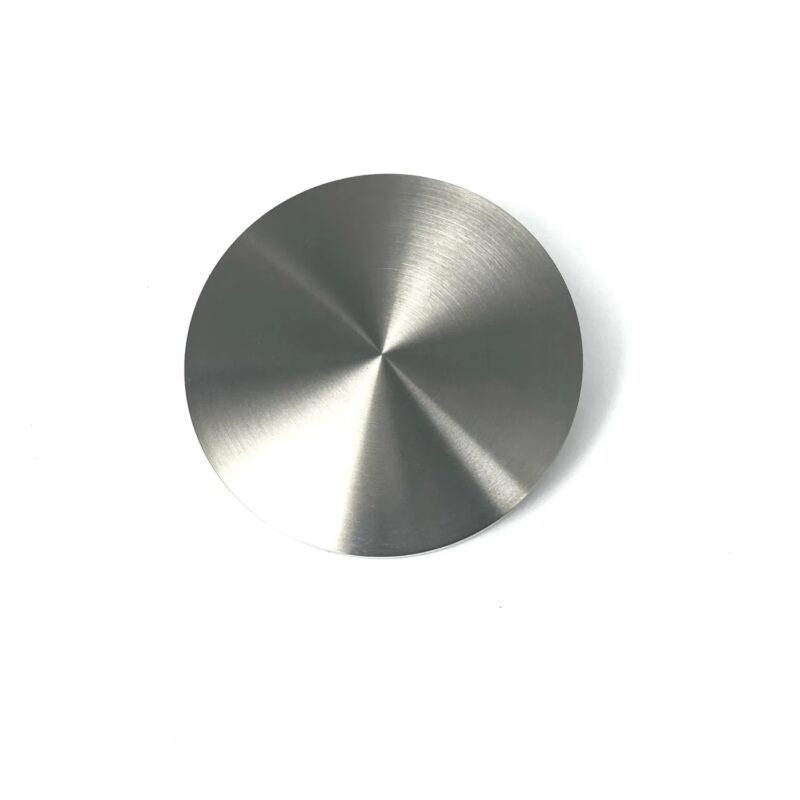
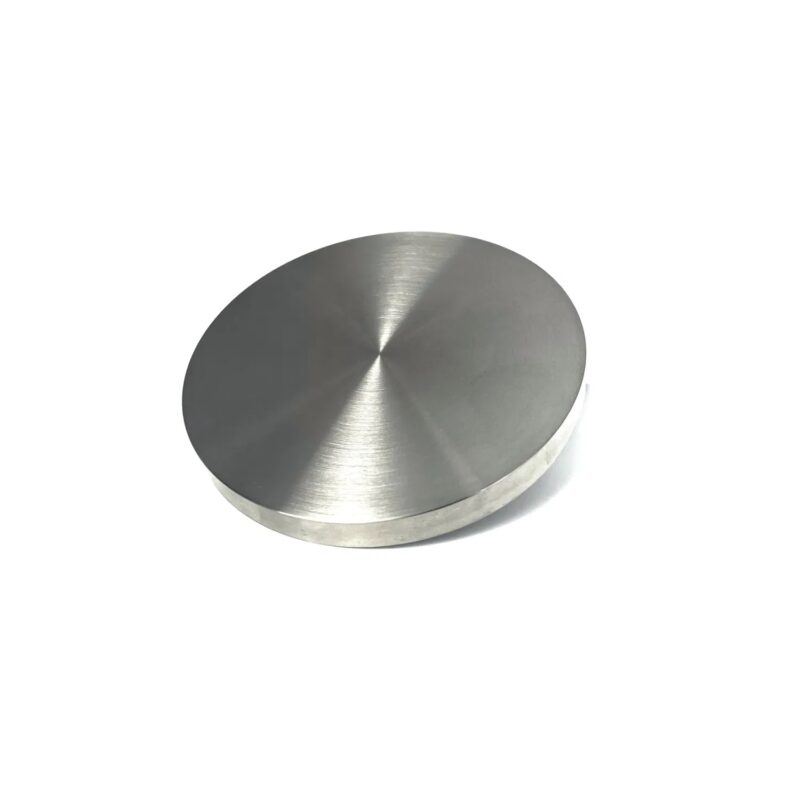
- High Electrical Conductivity: NiCu alloy sputtering targets offer excellent electrical conductivity, making them ideal for thin films in electronic devices where efficient current flow is essential.
- Corrosion Resistance: The combination of nickel and copper provides strong corrosion resistance, allowing the thin films to withstand exposure to chemicals and harsh environments, such as marine and industrial settings.
- Magnetic Properties: NiCu alloys exhibit useful magnetic properties, which can be tailored for specific applications such as sensors, transformers, and other magnetic devices.
- Thermal Stability: NiCu alloy thin films maintain their structural integrity at elevated temperatures, making them suitable for high-temperature applications in aerospace and industrial settings.
- Customizable Composition: The ratio of nickel to copper can be adjusted to optimize the properties of the thin film for specific applications, such as enhancing conductivity or corrosion resistance.
-
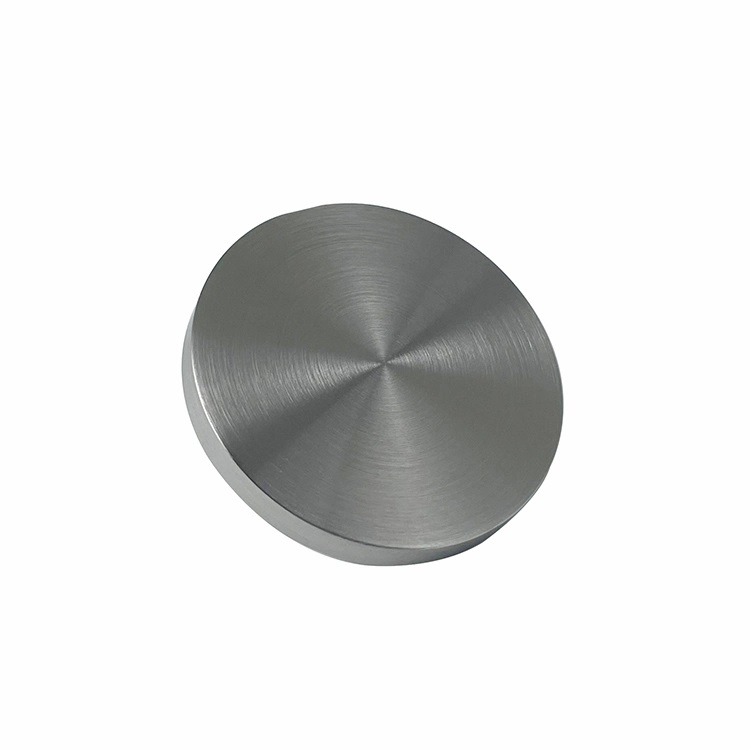
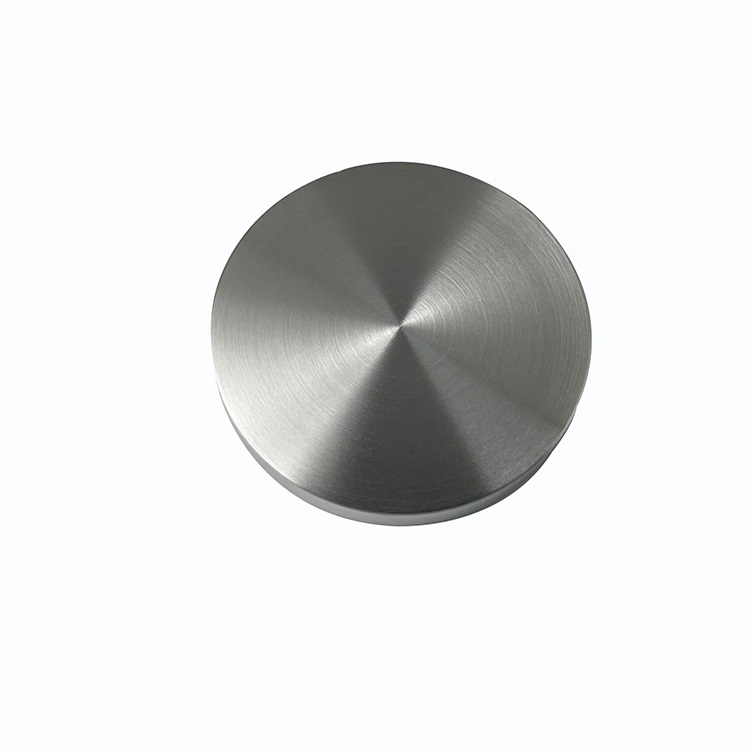
- High Electrical Conductivity: NiCuTi alloy sputtering targets deliver excellent electrical conductivity, making them ideal for use in electronic devices requiring efficient current flow and minimal energy loss.
- Corrosion Resistance: The addition of copper and titanium enhances the alloy’s ability to resist corrosion, particularly in environments exposed to chemicals, moisture, and salts.
- Enhanced Mechanical Strength: Titanium in the alloy improves the mechanical strength and wear resistance of NiCuTi thin films, making them suitable for applications requiring durability and high-stress tolerance.
- Thermal Stability: NiCuTi alloy thin films maintain their properties at high temperatures, making them suitable for aerospace and industrial applications involving elevated temperatures.
- Customizable Composition: The ratio of nickel, copper, and titanium in the alloy can be tailored to meet specific requirements, such as improving wear resistance or optimizing corrosion protection.
-
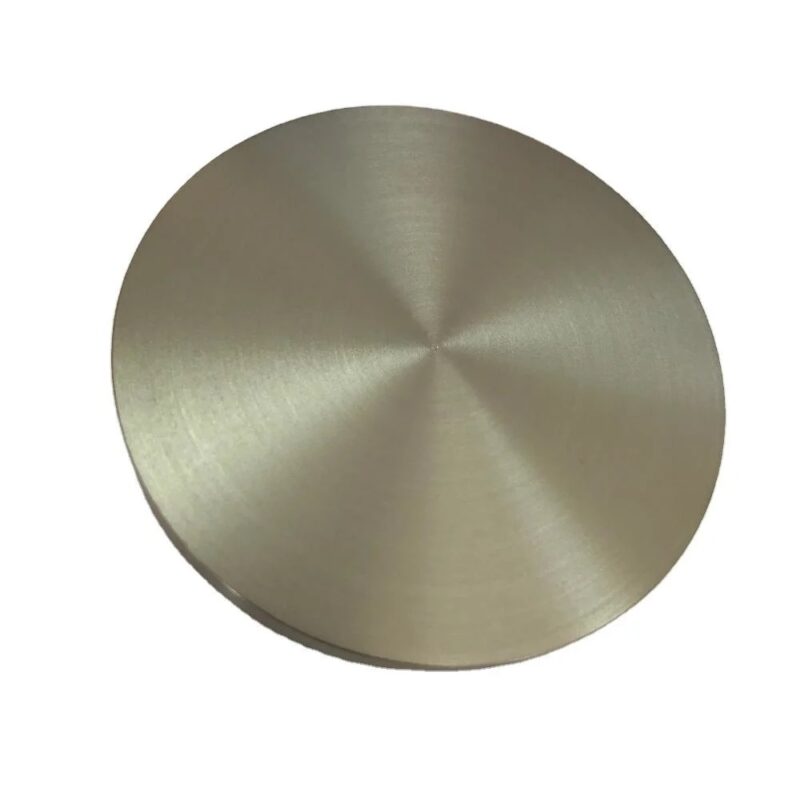
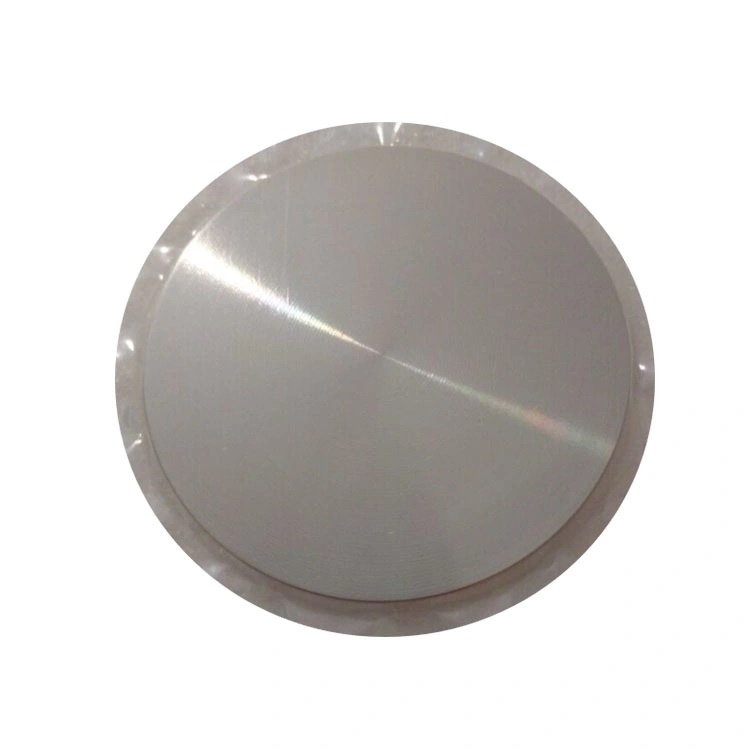
- Soft Magnetic Properties: NiFe alloys are known for their high magnetic permeability, low coercivity, and low core loss, making them ideal for use in magnetic applications such as sensors, inductors, and transformers.
- Corrosion Resistance: The alloy’s composition provides excellent resistance to corrosion and oxidation, ensuring long-term stability and durability in harsh environments.
- High Electrical Conductivity: NiFe alloy sputtering targets offer good electrical conductivity, which is critical in electronic applications requiring efficient current flow and minimal energy loss.
- Low Magnetic Coercivity: NiFe alloys exhibit low coercivity, meaning that they require minimal energy to magnetize and demagnetize, making them efficient in switching applications and data storage devices.
- Customizable Magnetic Properties: The ratio of nickel to iron can be adjusted to optimize the magnetic properties of the thin film for specific applications, such as enhancing permeability or reducing magnetic hysteresis.
-
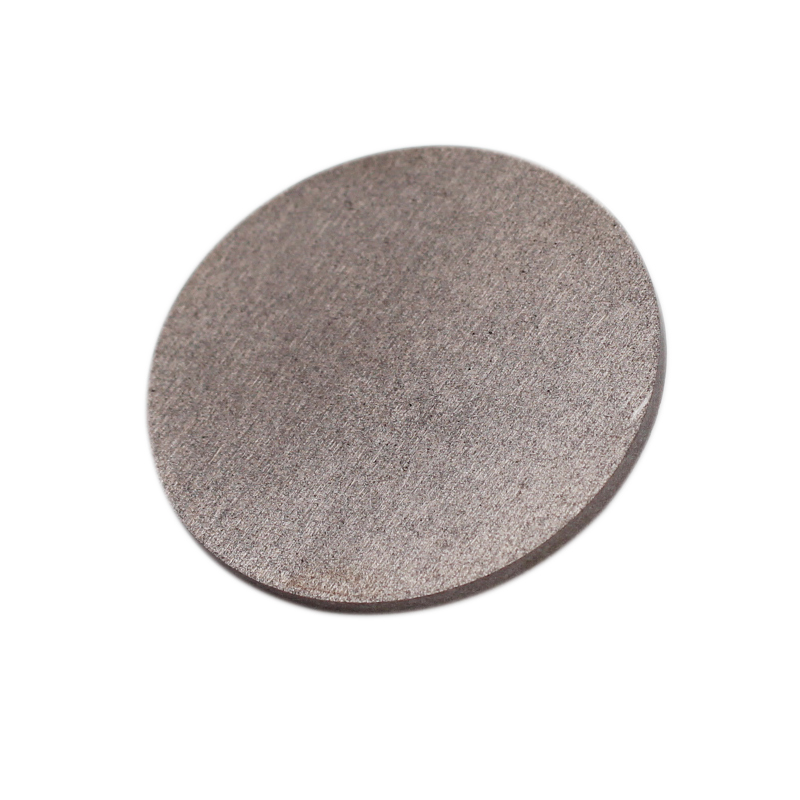
- Magnetic Properties: Excellent for creating films with high permeability and magnetization.
- High Purity: Ensures minimal contamination and precise film deposition.
- Durability: Resistant to corrosion and wear, enhancing the lifespan of the coated components.
- Versatility in Applications: Suitable for a wide range of industrial applications in electronics and sensors.
- Customization: Custom compositions and sizes available to meet specific requirements.
-
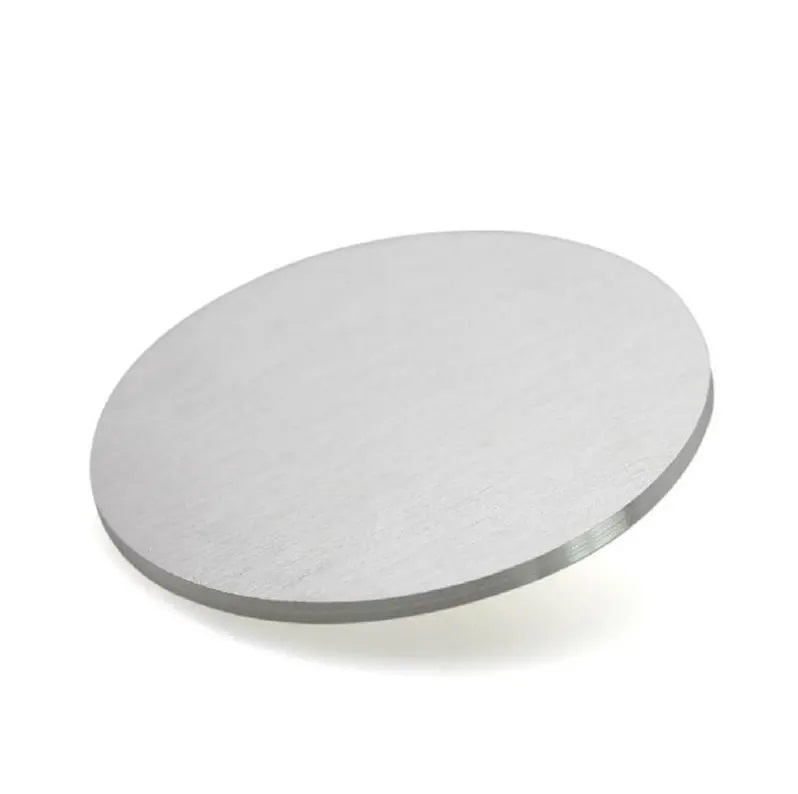
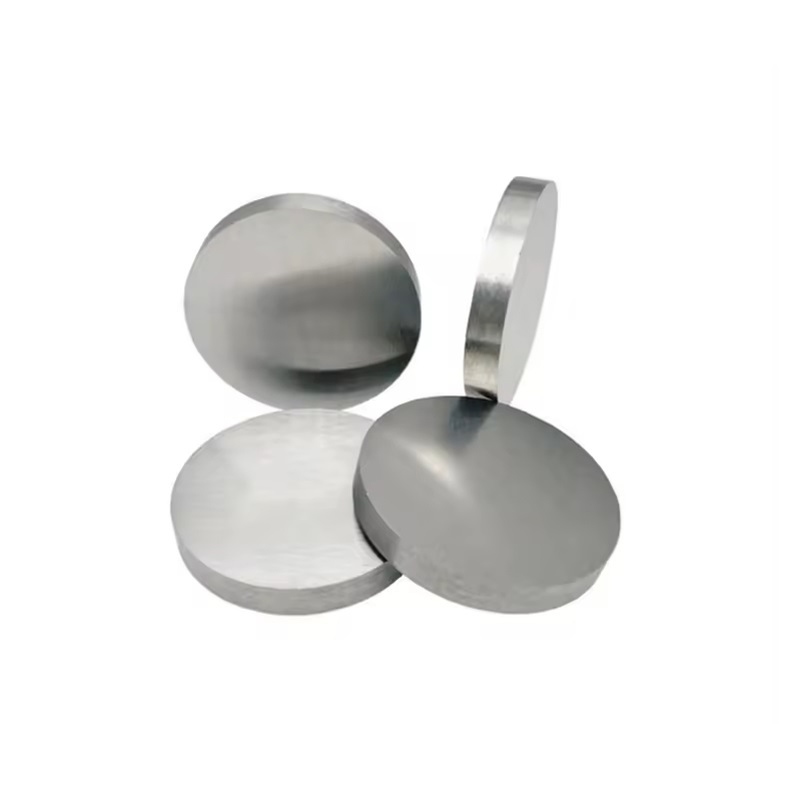
- Corrosion Resistance: Platinum significantly enhances the alloy’s resistance to oxidation and corrosion, making NiPt thin films ideal for use in harsh environments, including chemical processing and marine applications.
- Electrical Conductivity: NiPt alloys have excellent electrical conductivity, ensuring reliable performance in electronic devices, particularly in semiconductors and ICs.
- Thermal Stability: NiPt alloy sputtering targets provide coatings that can withstand high temperatures, making them suitable for applications in energy, aerospace, and industrial machinery.
- Catalytic Activity: The addition of platinum provides superior catalytic activity, making NiPt alloys useful in fuel cells, chemical reactions, and exhaust gas treatments.
- Magnetic Properties: Nickel contributes to the alloy’s magnetic characteristics, which are valuable in electronic and magnetic storage applications.
- Customizable Composition: The ratio of nickel to platinum can be adjusted to fine-tune the properties of the alloy to suit specific needs, whether for enhanced corrosion resistance, conductivity, or magnetic performance.
-
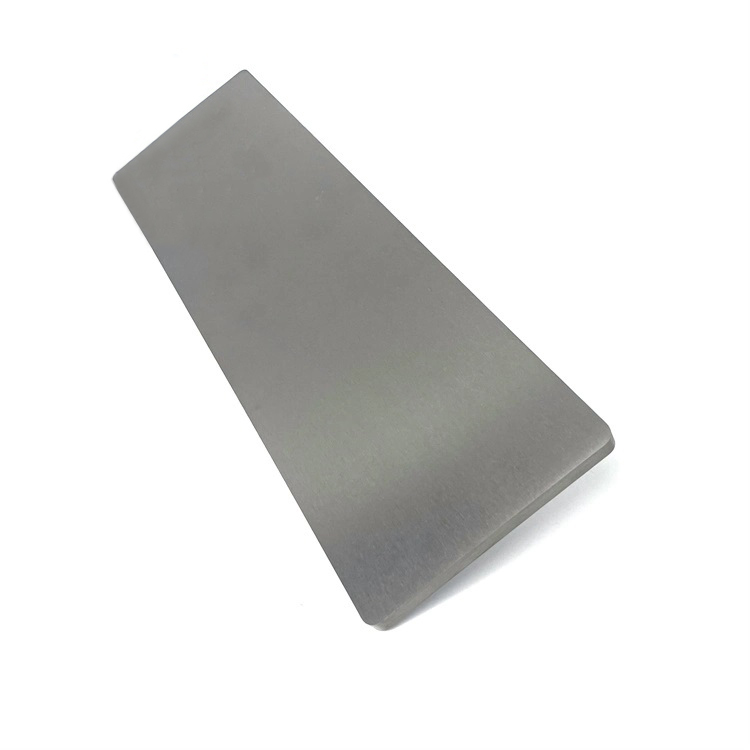
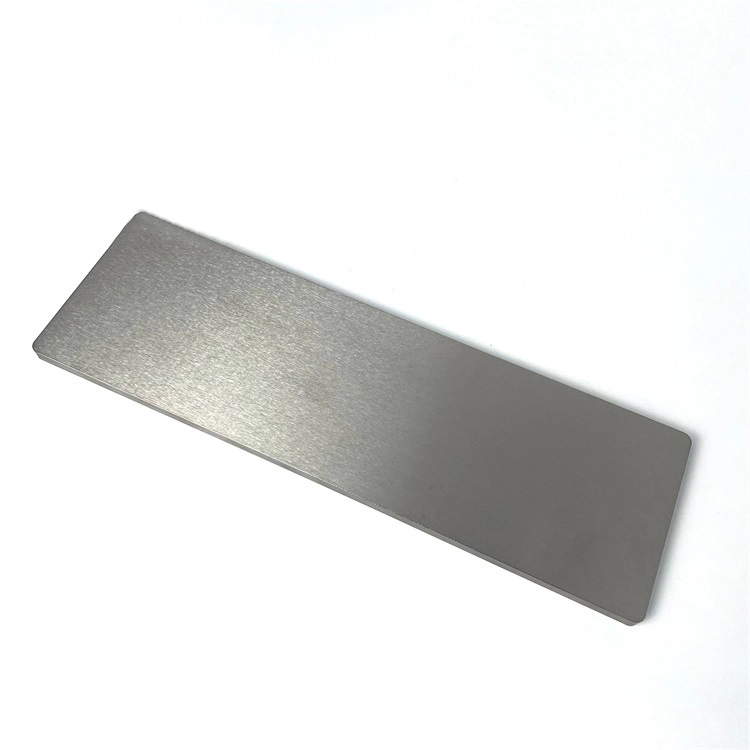
- Shape Memory Effect: NiTi alloys can return to their original shape after deformation when exposed to a certain temperature, making them highly valuable in applications requiring memory or actuation.
- Superelasticity: NiTi alloys exhibit significant elastic deformation, which allows them to absorb and release mechanical stress, ideal for flexible and resilient components.
- Corrosion Resistance: NiTi has excellent resistance to corrosion, making it suitable for biomedical devices and components exposed to harsh environments.
- Biocompatibility: NiTi alloys are biocompatible, making them safe for use in medical applications, particularly in implantable devices.
- Wear Resistance: The hardness and durability of NiTi alloys provide long-lasting wear resistance in protective thin films.
- Thermal Stability: NiTi films maintain their unique mechanical properties even at varying temperatures, ensuring consistent performance in diverse conditions.
-
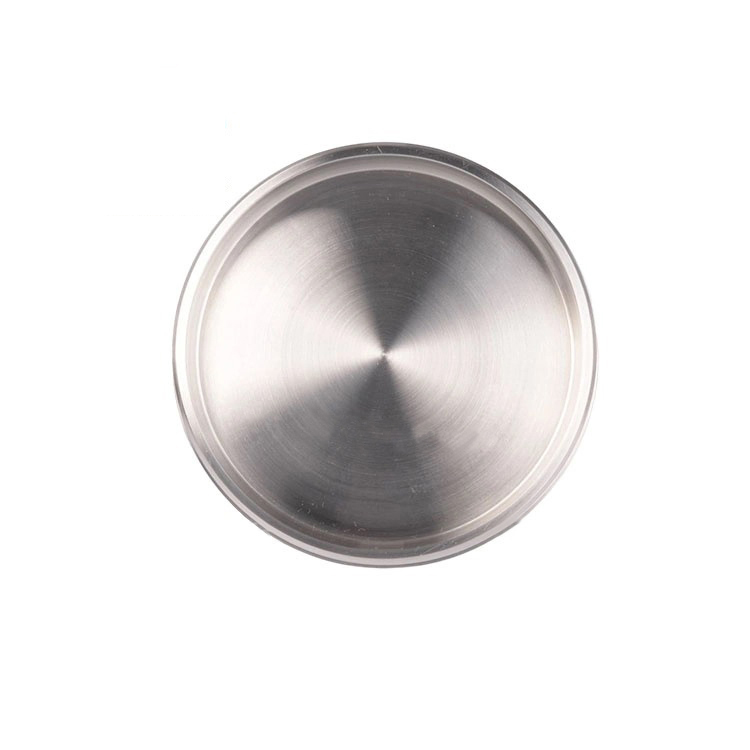
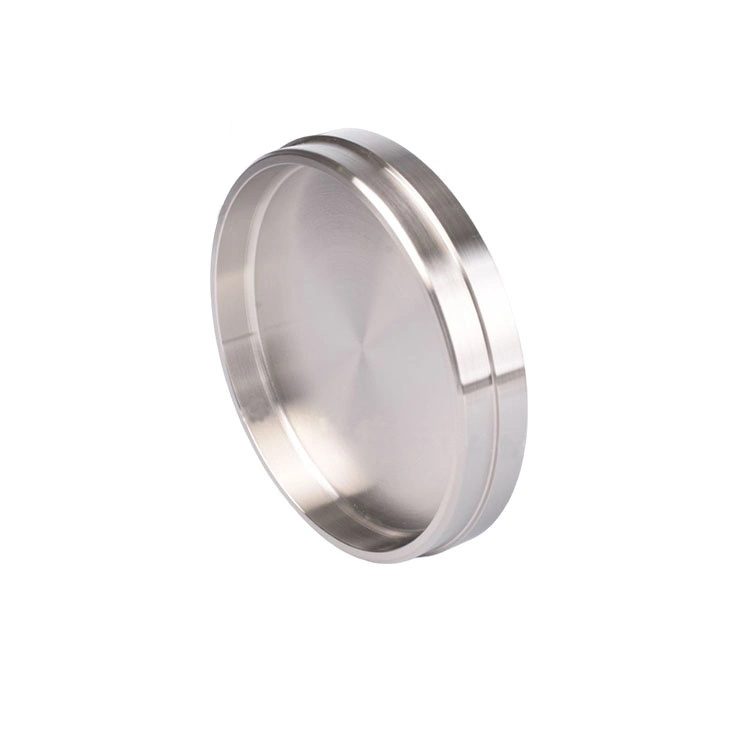
- High Strength: NiV alloys exhibit exceptional mechanical strength, making them suitable for applications requiring durability and performance under stress.
- Corrosion Resistance: The addition of vanadium enhances the corrosion resistance of nickel, making NiV targets suitable for use in harsh environments and extending the life of thin films.
- Good Electrical Conductivity: NiV alloys maintain good electrical conductivity, which is essential for electronic and electrical applications.
- Versatility: The properties of NiV alloys can be tailored by adjusting the composition, allowing for customization to meet specific application requirements.



















